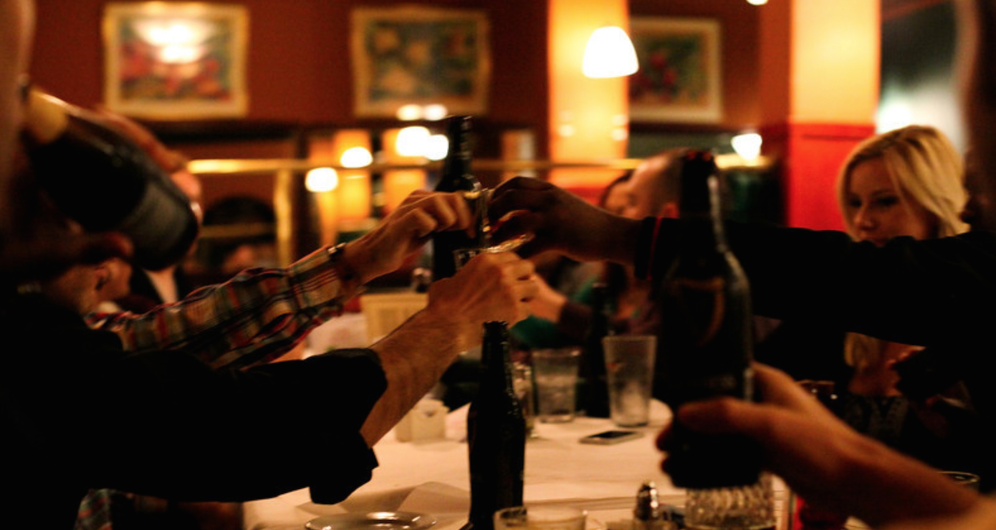In 2009 my buddy Mischa and I wanted to make a ding in the healthcare universe. We were both pretty fed up with the status quo for consumer health, and felt like we could build a communications app that made it much easier for doctors and their patients to communicate digitally.
We learned some really harsh lessons about the American healthcare system. Namely, some of the powers-at-be who want to maintain the status quo can make Russian mobsters look like sissies.

DoctorBase was also a lesson in competing with better-funded competitors as a bootstrapped startup by sticking to your passion for hiring the best software developers so we could iterate and integrate 2x faster than our peers with bigger teams, and combine that with bi-weekly experiments to introduce new features within our platform that might hope to get product virality.
Our closest competitor HealthXXXX had raised 30x more money than we did, but at the time of our acquisition we were a totally employee-controlled company and was doing over triple their revenues with nominal churn.

VCs had passed on us because, well HealthXXXX had raised much more money and (according to their formulas of prediction) that meant they were going to win.
A very famous VC told us that “HealthXXXX is going to run away with the market.” I printed out his email and taped it to my desk so I could stare at it every Saturday when I showed up to the office.
We eventually raised $500k via Angelist only after we were profitable (as a cash cushion) and at a healthy valuation that kept us founders in total control of the company.
When other digital health founders ask me how we did it, the short answer is that we took a contrarian view of how to build a successful health-tech company in an era of “Health 2.0 Hype,” when it seemed that most of the top digital health companies pattern matched to each other.
While our competitors were at health-tech conferences and raising money from VCs (with CEOs trying to make a Forbes list), we instead stayed in San Francisco and worked on EHR integrations, met with two doctors a day for their feedback, used AI/ML long before it was sexy to find statistical insights, experimented with product virality loops that would hook busy doctors and engage reluctant administrative staff and of course – ran constant experiments on the unit economics of registering patients.

Many folks assume my first startup Five9 was more important to me because it became a much larger company, but in truth my time at DoctorBase were the best five years of my life (even better than college!). I think it was because we all felt like we were on a mission, and the team was small enough to feel like family.
At the time we sold the company we had about 18,000 doctors communicating electronically with nearly 9 million American patients. We were small, but we were a badass gang.

